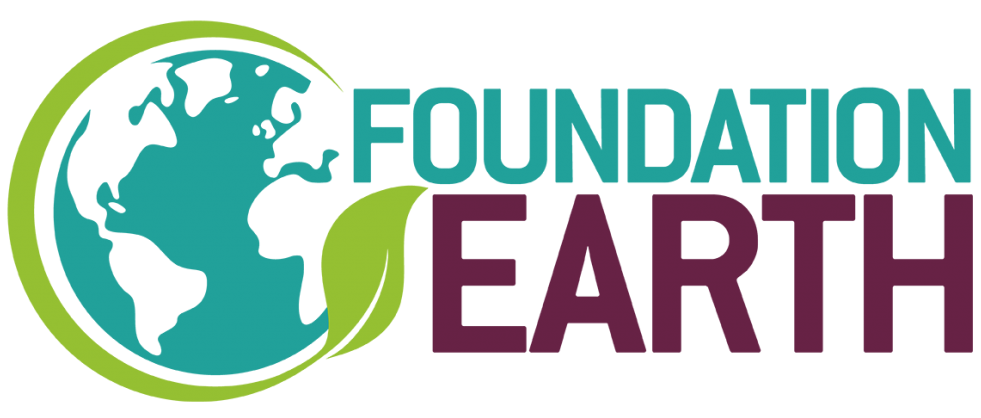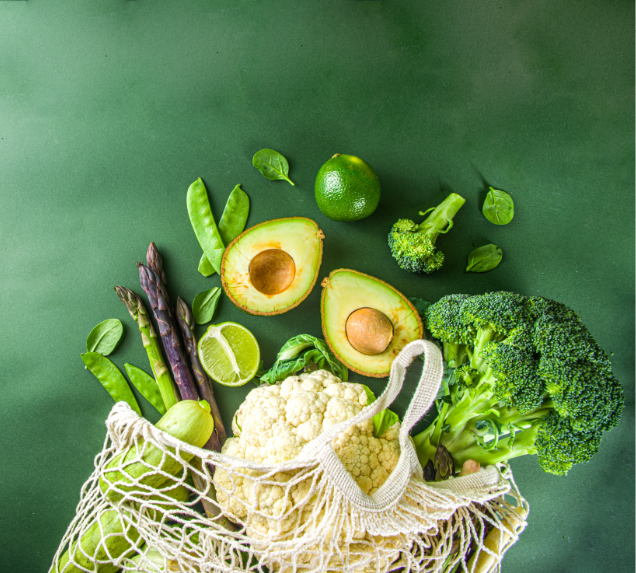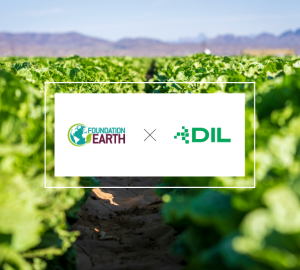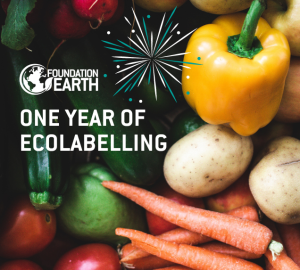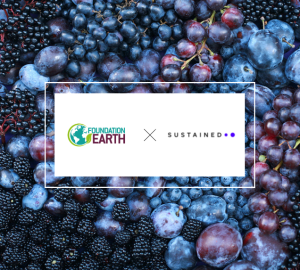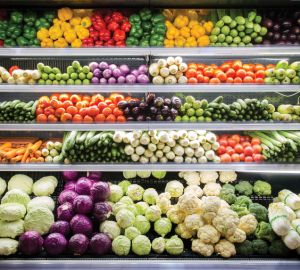In today’s pursuit of a sustainable future for our planet, demand for environmental transparency is ever growing. With consumers paying more and more attention to their environmental impact, businesses are acknowledging the importance this plays in gaining trust and building a positive reputation. As a result, we are seeing companies increasingly integrate sustainability challenges into both their decision-making and communications: “going green” is no longer a bonus – it needs to be at the heart of the way we innovate, produce and consume.
But awareness is just the first step – how is this being turned into action? It’s no secret that the sustainability challenge is a difficult one the requires systems change. And while there may be some simpler switches that businesses can make and communicate about – like moving to renewable energies or changing packaging – achieving true sustainability requires a complete review of the way a business operates. Establishing targets and standards can provide a clear framework for all to follow, ensuring that companies are truly achieving sustainability, and not just engaging in greenwashing.
Food ecolabelling, for example, has been around for years, with experts across science, business and civil society striving to develop an optimum and fair way to assess the environmental impact of food. But as we know, there are multiple pathways to tackle a same challenge, and this has led to a proliferation of methods and tools to substantiate sustainability initiatives. At the end of the day, this leaves consumers confused: people are unsure about how accurate the claims are, which source to trust, and ultimately how to have a clear and transparent view over their impact. This opens a huge door for interpretation, benefitting business growth over real impact. Enter the role of standardisation and harmonisation.
The European Commission’s proposal for a Directive on Green Claims, released in March 2022, brings us one step closer to increased transparency and accountability from the food industry, pushing for a set of rules and guidelines to be established that businesses can follow when making environmental claims about their products or services. This, in turn, will:
- Ensure companies cannot make unsubstantiated green claims
- Prevent greenwashing
- Encourage companies to improve their environmental performance and adopt sustainable practices
When it comes to food ecolabelling, it means a step in the right direction to ensure a science-led, robust and common assessment and grading mechanisms that will allow us to compare products across the continent and establish greater credibility.
Whereas there are still many details to clarify in the Proposal – such as a clear implementation calendar, what penalties will be in place for those who do not respect the directive, and who will implement them – Foundation Earth welcomes this first step towards making industry more accountable for their environmental impacts.
Let’s take a look at some of the key highlights of the proposal.
Looking beyond carbon
Becoming “net-zero” has increasingly made its way through business narratives – demonstrating commitment to act on the global objective to reduce carbon emissions and fight climate change. But as much as this is a step in the right direction, one of the emerging challenges is to avoid “carbon tunnel vision” and ensure that we are paying equal importance to other indicators impacting our environment. Biodiversity, water usage, water pollution – to name just a few. Take a bunch of 5 organic bananas, for example, that were run through the Foundation Earth life cycle assessment method: when you look across the value chain, from farming to retail, we see considerable impacts in terms of water usage and water pollution. Accounting for carbon only wouldn’t reflect the true impact of the product to consumers, and would also not uncover intelligence across other indicators to empower businesses to make changes in their value chain.

This has been a key debate in the food ecolabelling field: how to encompass enough indicators to show an accurate impact of a product, at the same time making the information accessible to consumers. Where should we start and where should we stop? At Foundation Earth we have opted to follow the 16 indicators laid out in the EU’s Product Environment Footprint (PEF), providing a holistic view of a product’s environmental footprint, and are happy to see that the EU’s proposal has clearly recognised the need to consider the diversity of environmental impacts.
Ensuring standards for certification and verification
Claiming how well one is doing in terms of sustainability efforts can be very subjective – who are you comparing to, what method are you using to assess and what is the quality of the data you are basing the claim on? Ensuring citizens can understand and trust environmental impact claims requires a level playing field: assessments need to be comparable and avoid subjectivity as much as possible to build credibility. The European Commission is yet to set out specific guidelines on how to standardise environmental impact assessments, but has been clear on the fact that self-claims will be forbidden – hence the importance of third-party, independent verification.
There are over 200 environmental ecolabels out on the European market – making it incredibly difficult to navigate and compare. Furthermore, a lot of these labels are industry-led, which we can all agree brings an added layer of subjectivity. By establishing minimum requirements for transparency and verification, the EU Green Claims Directive can set the tone to eliminate self-assessment, making the food industry truly accountable for their environmental impacts.
Harmonisation as a final objective
As many players race towards developing an optimal solution for food ecolabelling, many debates have surfaced around what metrics and standards should be used to best reflect the complexity of the issue. But a lot of knowledge has already been produced, and there is very little point in re-inventing the wheel. In line with Foundation Earth’s mission to harmonise the way to assess and communicate the environmental impact of food and drink products, the EU Green Claims Directive sets a clear precedent to avoid further proliferation.
By halting the development of new ecolabelling initiatives, a space will be created to take a deeper look into the intelligence we have and build upon it. Expanding the number of ecolabels only leads to greater confusion for consumers and make it difficult for businesses to choose which one to use: the EU Green Claims Directive brings us closer to consolidation and will stimulate research in this area, based on the existing labels that are most the effective. This in turn will lead to a streamlined approach that will bring more consistency and transparency in the market, making it easier for consumers to make informed choices, and for businesses to take concrete action towards sustainability.
